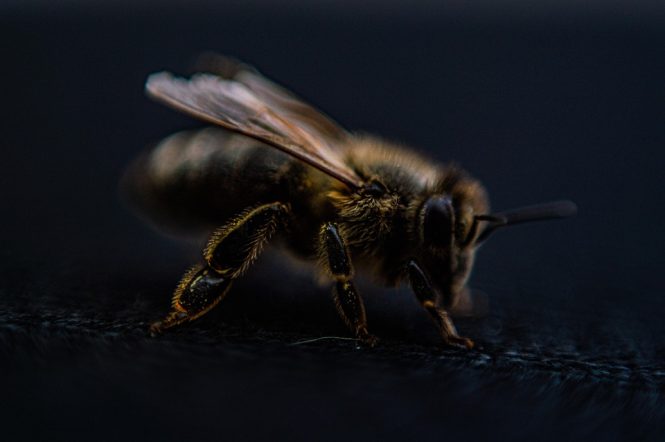
The Bald Truth: How Lifestyle Choices Can Contribute to Hair Loss
Hair loss is a common problem that affects millions of people worldwide. While it is often associated with aging, genetics, and certain medical conditions, lifestyle choices can also play a significant role in contributing to hair loss. In this article, we will explore the surprising ways in which lifestyle choices can impact hair health and lead to hair loss.
The Impact of Diet on Hair Health
A healthy diet rich in essential nutrients is crucial for maintaining strong and healthy hair. A diet lacking in vitamins and minerals, particularly iron, zinc, and biotin, can lead to hair loss. Foods high in sugar, salt, and unhealthy fats can also cause inflammation and damage to the hair follicles, leading to hair thinning and loss. On the other hand, a diet rich in fruits, vegetables, whole grains, and lean proteins can help promote hair growth and reduce the risk of hair loss.
The Role of Stress in Hair Loss
Stress is a well-known contributor to hair loss. When we experience stress, our body produces more cortisol, a hormone that can cause hair follicles to enter a resting phase, leading to hair thinning and loss. Additionally, stress can also lead to habits such as pulling or tugging on hair, which can cause damage to the hair follicles and lead to hair loss. Engaging in stress-reducing activities such as meditation, yoga, or deep breathing exercises can help mitigate the negative effects of stress on hair health.
The Effects of Smoking and Alcohol on Hair Health
Smoking and excessive alcohol consumption can also contribute to hair loss. Smoking can reduce blood flow to the scalp, leading to a decrease in oxygen and nutrient delivery to the hair follicles. This can cause hair to become brittle, weak, and prone to breaking. Excessive alcohol consumption can also lead to dehydration, which can cause hair to become dry, brittle, and prone to breakage. Additionally, alcohol can also lead to nutritional deficiencies, particularly in iron and zinc, which are essential for hair growth.
The Impact of Environmental Factors on Hair Health
Environmental factors such as pollution, UV radiation, and extreme temperatures can also contribute to hair loss. Exposure to pollutants such as particulate matter, ozone, and nitrogen dioxide can damage the hair follicles and lead to hair thinning and loss. UV radiation from the sun or tanning beds can also damage the hair follicles and cause hair to become brittle and prone to breaking. Extreme temperatures, such as those experienced during heat styling or exposure to cold weather, can also cause damage to the hair follicles and lead to hair loss.
The Role of Hair Care Habits in Hair Loss
Poor hair care habits can also contribute to hair loss. Using harsh chemicals, excessive heat styling, and rough handling of hair can all cause damage to the hair follicles and lead to hair thinning and loss. Using gentle, sulfate-free shampoos and conditioners, avoiding excessive heat styling, and handling hair gently can help minimize the risk of hair loss.
Conclusion
Hair loss is a complex problem that can be influenced by a variety of factors, including lifestyle choices. By making informed choices about diet, stress management, smoking and alcohol consumption, environmental exposure, and hair care habits, individuals can reduce their risk of hair loss and promote healthy hair growth. It is essential to be aware of the potential risks and take proactive steps to maintain a healthy lifestyle and promote hair health. By doing so, individuals can help prevent hair loss and maintain a full, healthy head of hair.
Tips for Promoting Hair Health
- Eat a balanced diet rich in fruits, vegetables, whole grains, and lean proteins
- Manage stress through meditation, yoga, or deep breathing exercises
- Avoid smoking and excessive alcohol consumption
- Use gentle, sulfate-free shampoos and conditioners
- Avoid excessive heat styling and gentle handling of hair
- Protect hair from environmental pollutants and UV radiation
- Stay hydrated by drinking plenty of water
By following these tips and being mindful of the lifestyle choices that can impact hair health, individuals can help promote healthy hair growth and reduce the risk of hair loss.